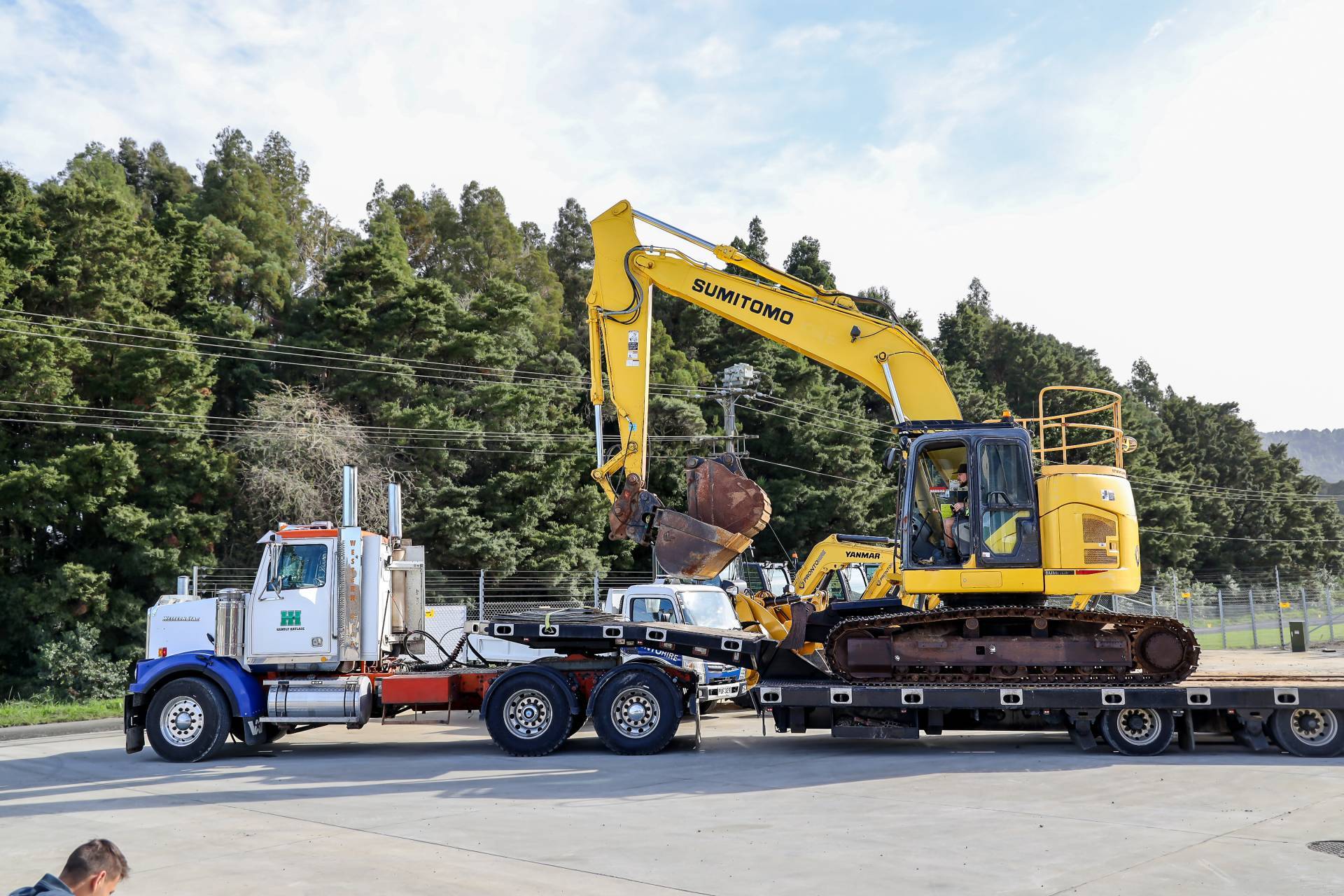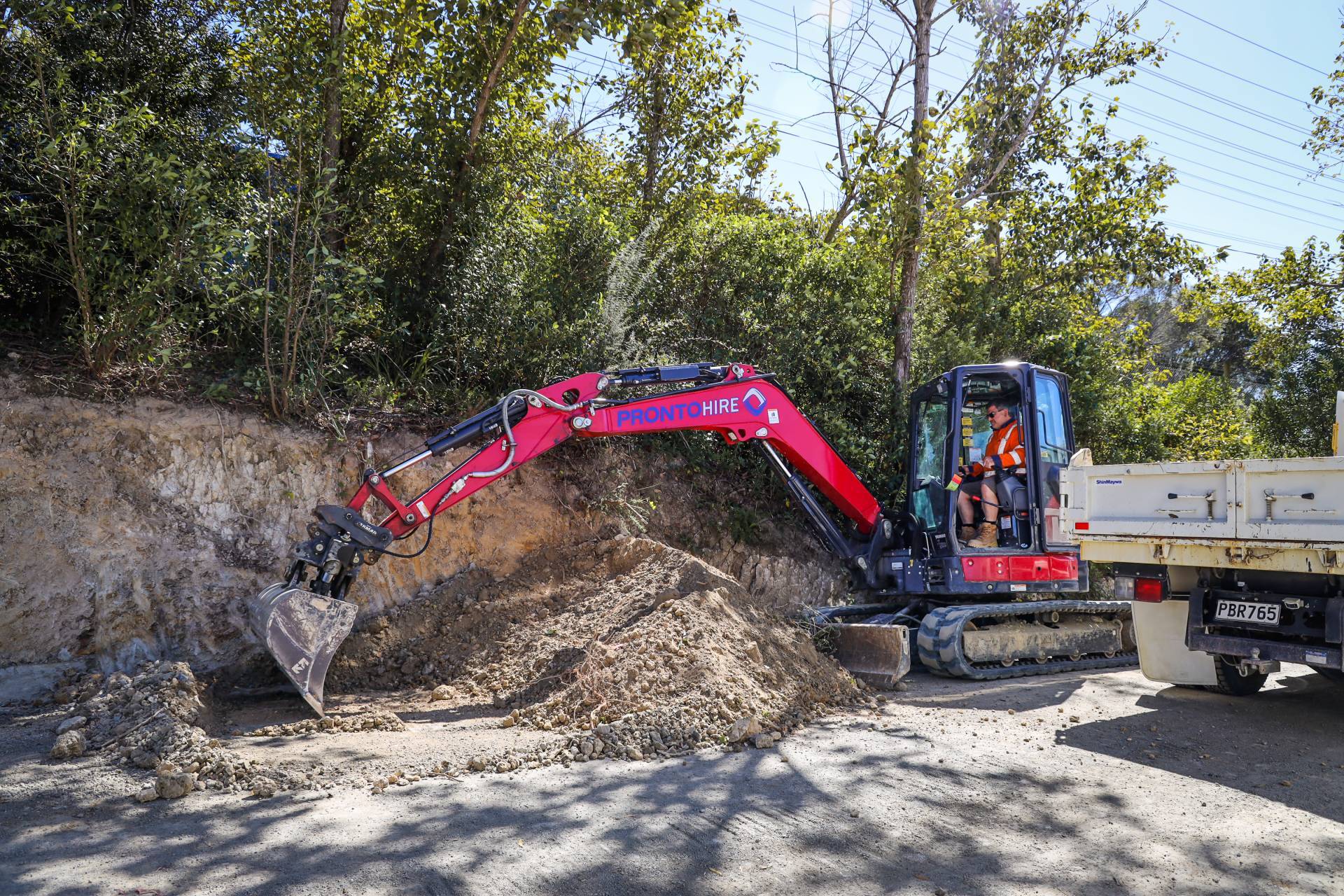Steel VS Rubber Tracks - Which is best?
With their proven reliability since they were first introduced in 1904 by Hornsby & Sons, many operators prefer steel tracks as they have been around far longer than rubber tracks. They become widely known when Caterpillar Tractor Company (now recognized as Caterpillar) improved the design. When the Japanese military had limited access to steel in World War II but plenty of rubber, they began to fit military vehicles with rubber tracks instead. This concept soon became popular around the world.
The reason why steel tracks are still a first choice to so many comes down to their durability and stability. No matter what condition, steel tracks continue to move and get the job done. This means in turn less downtown and more productivity. They also require less general maintenance. This is because they cannot be damaged or dissolved by chemicals and materials such as oil and grease, while rubber can. If rubber tracks were to try and work on harsher types of terrain and environments, they could get shredded in no time.
The reason why steel tracked machines have more stability is their heavy weight. This lowers their centre of gravity. Because rubber tracks are lighter, their centre of gravity is higher. Operators must be careful in places where the machine could tip. They are more likely to slip on extremely uneven surfaces such as sides of hills whereas steel tracks bite and hold on.

In saying that, rubber tracks are becoming more popular in recent times. They excel in softer ground as they glide across grass, dirt, or any soft surface without causing ground damage. This traction advantage on smooth surfaces is due to the rubber having higher intrinsic friction with the ability to meld to uneven surfaces. In turn this increases the overall surface area. Operators that work on tar seal, turfs, and concrete etc love rubber tracks as they don’t cause marks. This creates an advantage over steel tracks as steel can wear or damage ground by tearing it up, being both heavier and harder.

Rubber tracks can be a lot more comfortable to operate while moving faster due to their flexibility, whereas steel tracks can tend to be a lot more jarring and slightly slower, possibly creating ground damage. It is best not to work with steel tracks in an area where loud noises could cause a problem. Rubber tracks are quieter as the rubber absorbs a lot more noise.
Although choosing is not easy, ultimately whatever you decide will come down to what is most suited for your own project. Each have their pros and cons, but rubber is your best choice if you are looking for versatility, and steel is the way to go if you want durability.
If you still aren’t sure please feel free to contact one of our experience team members – we would be more than happy to help you in your decision.
Similar
Articles
Donation
Request
While we appreciate the many causes that reach out to us, we are not able to support every request we receive. We carefully evaluate each opportunity to ensure alignment with our mission and resources. Thank you for your understanding.
Request
hire
Make an
enquiry






